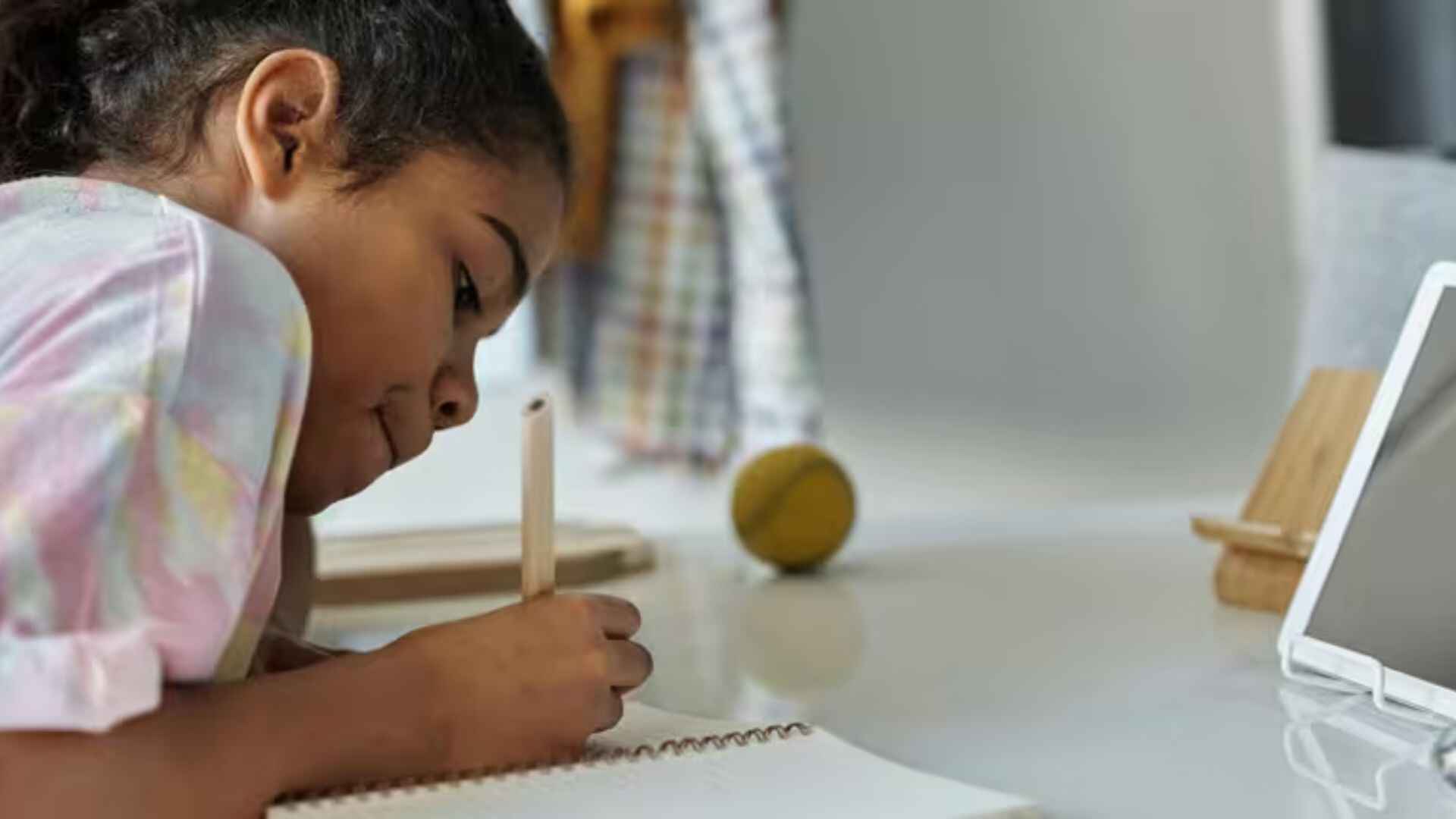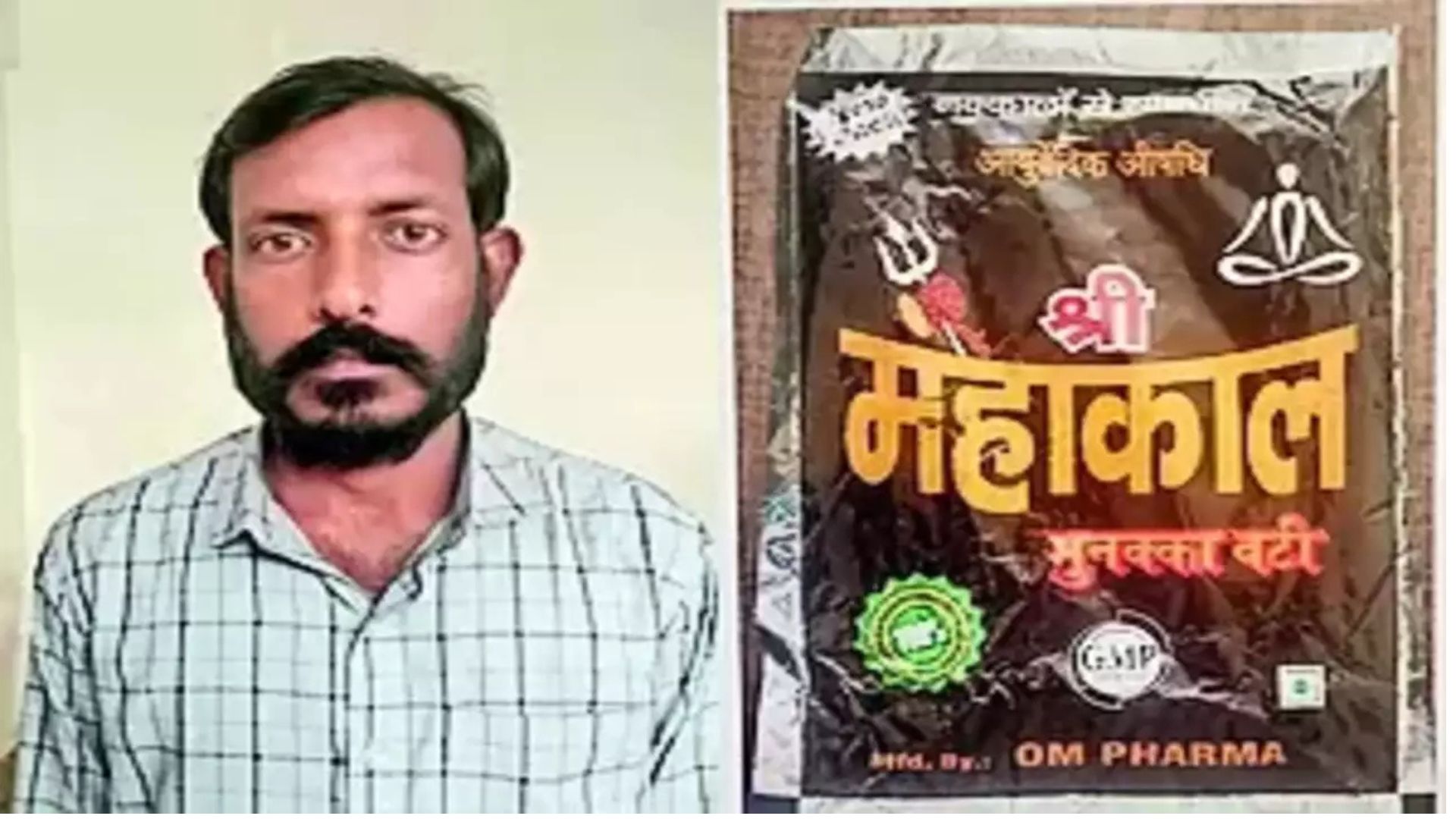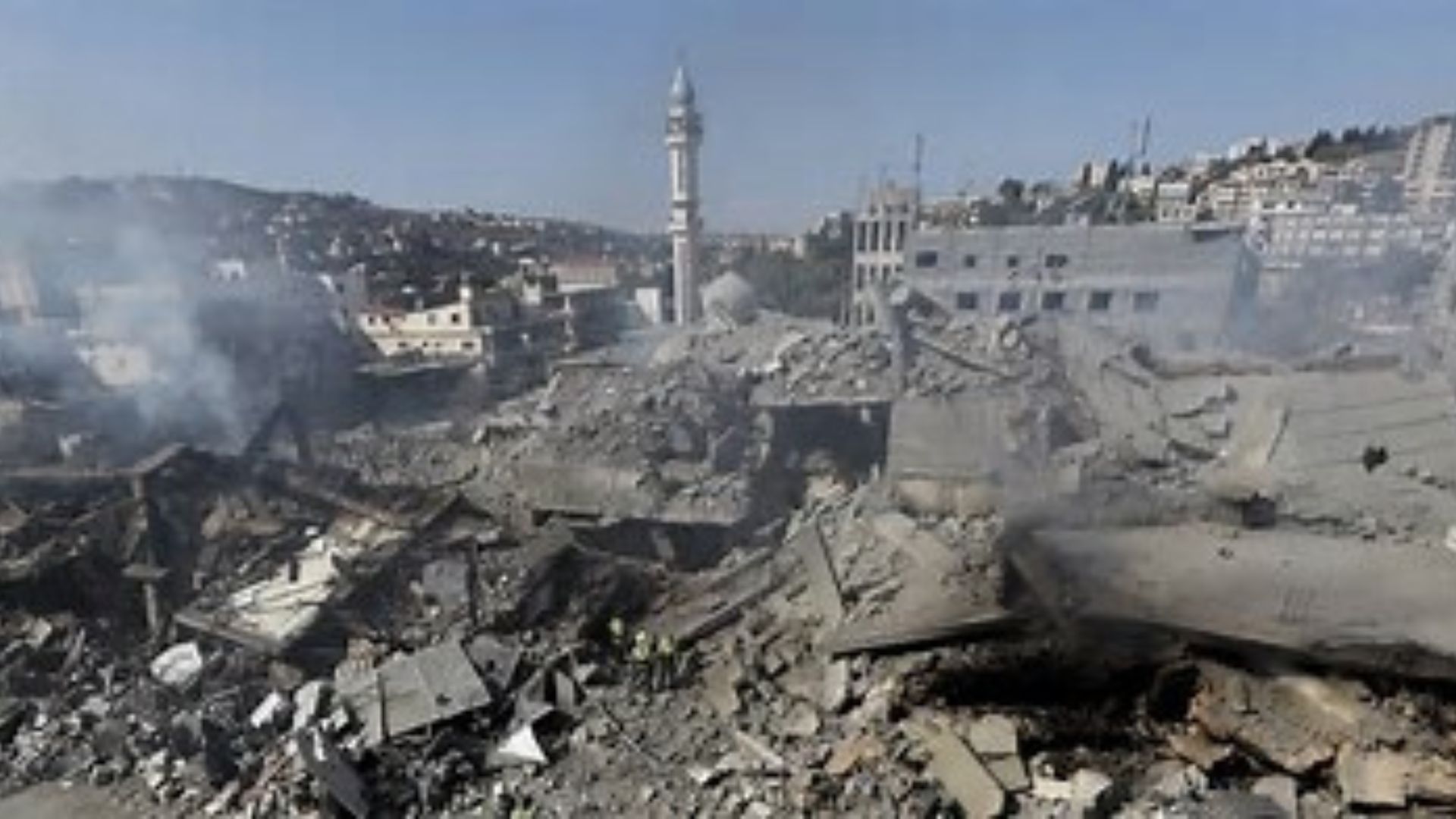
People experiencing loss need support coping with their grief. Grief is one’s personal experience of a loss and its intensity is dependent on how the change produced loss is perceived.
The grief experience involves different stages but they loop indicating that a person can psychologically visit a stage more than once, especially when the loss is severe. There are no fixed time limits for any stage yet each is necessary for the healthy resolution of grief. Often, people hasten the grieving process without realising its importance. When one fails to grieve properly, healing takes longer as feelings are repressed and the unresolved grief tends to be expressed as unexplained anger, depression, guilt, anxiety and fear.
Guilt is subtle yet destructive, especially when dealing with the death of a loved one. It’s often a strong emotion that we burden ourselves with rather than something that others make us feel. Death overwhelms us. We feel like we’re losing control and are helpless. In an attempt to make sense of it and/or deny this reality or minimise its impact, we tend to revisit events surrounding the death. We begin to imagine how things could have been different or what we think we should have done to change the outcome. We begin to feel responsible as if the death was our fault because we missed something, we didn’t do enough or we took a wrong decision. With self-blame, guilt gradually creeps in.
There’s regret that we couldn’t say goodbye or tell them we loved them, we missed the opportunity to apologise for our past behaviour or make amends while we still had the chance. There’s a shame too leading us to believe we’re bad, terrible and useless. Unable to step up, we begin to isolate ourselves, avoid interaction which in turn impacts our existing relationships. These feelings simultaneously increase the burden of guilt we carry.
The pandemic has left many families dealing with multiple deaths in quick succession. Apart from having to deal with the multiple losses, those left behind struggle with survivor’s guilt. They feel guilty that they survived when the others died. It can have a devastating impact on their life and daily functioning. Survivor’s guilt can also extend to those who are doing well while others are not, those who have lost colleagues while they’ve been safe, or even those who have lost a single family member while others have lost many.
Compassion guilt builds up when people who readily offered help and support initially suddenly feel like they’re unable to extend themselves or help enough. Family and friends, no matter how supportive when having to return to their own lives, work, obligations and responsibilities begin to feel guilty because they’re unable to live up to the expectations that they set for themselves. It often leads to fatigue and exhaustion.
Alternatively, witnessing continuous death (loss of loved ones or those known to us), life-changing circumstances (recovering from personal health issues, still having our jobs, balancing work with childcare and family responsibilities) and constant uncertainties (losing livelihood, putting life on hold, maintaining social distance) has now also led many to experience pandemic guilt. The overriding feeling and struggle here are that we’re not suffering enough! Others are suffering more than us. Feeling lucky, privileged, or entitled leads to embarrassment and shame. We feel like we don’t deserve to be happy, feel safe or live comfortable lives. What’s most difficult is that since we don’t see our active role in this or aren’t directly impacted by it, it’s often a struggle to acknowledge these feelings as guilt.
So in reality, it’s really important now more than ever to understand and accept our emotional struggles, find access to support, share concerns, ask for help, surround ourselves with hope and look after our well-being. Succumbing to guilt will only worsen these struggles, make us dysfunctional, prevent us from being effective and lead to burnout. The feelings of guilt need to be explored and put into perspective for us to look beyond. Not taking care of ourselves doesn’t help us or those left behind. Before attempting to be there for someone else, we have to be there for ourselves first.
Grieving and mourning is essential to allow for the sadness, hurt and pain to dissipate. It’s okay to feel anger, abandonment, despair and disappointment. We can feel emotionally distant, vulnerable, and victimised. It’s essential to acknowledge these feelings, find non-judgemental and safe spaces to let them out and know that we don’t have to push ourselves to find closure or move on just because that is the expectation. We do have the permission to create a personal understanding of how this experience defines us and what it means for us to move forward with it.
The writer is a mental health counsellor.















